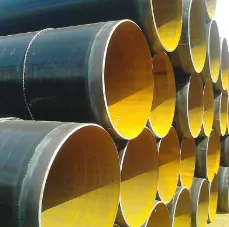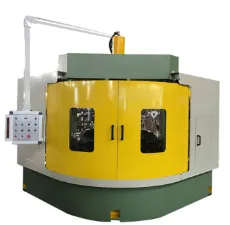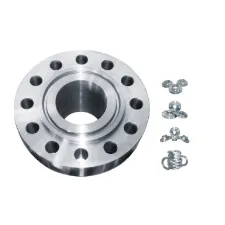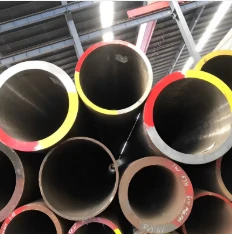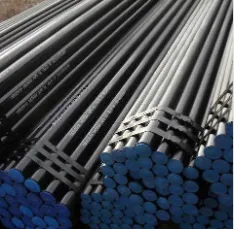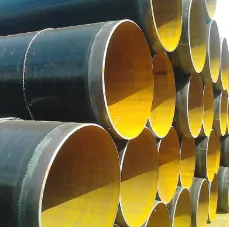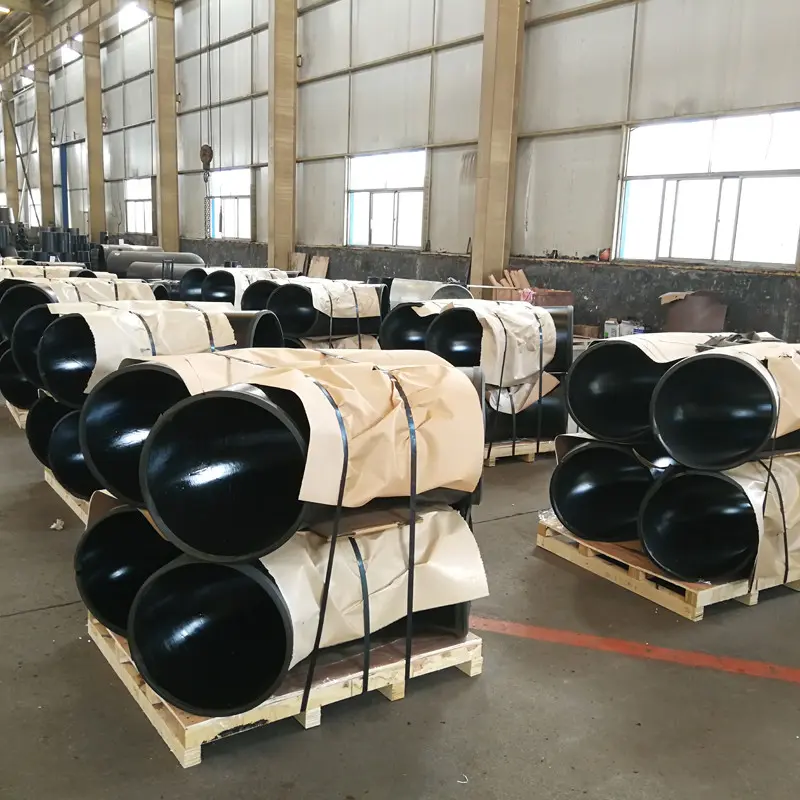
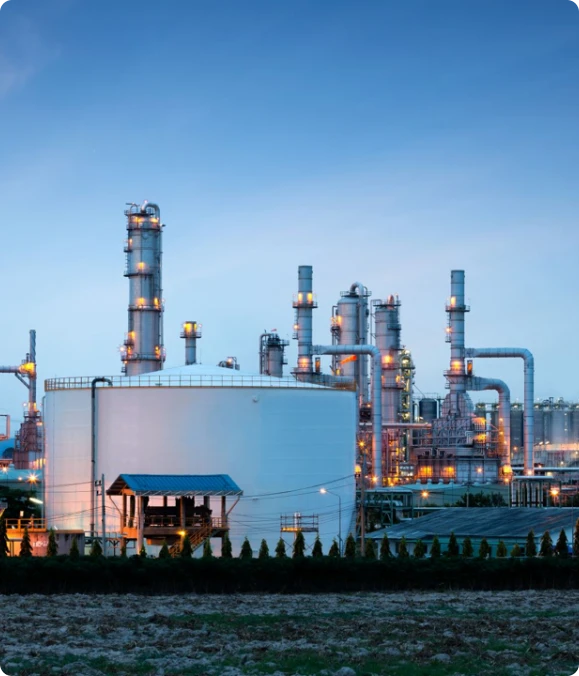
In terms of applications, galvanized pipes are incredibly versatile. They serve a wide range of functions across various industries including construction, agriculture, and manufacturing. In a construction setting, these pipes are often utilized for scaffolding, structural support, and outdoor applications due to their robustness against the elements. In agricultural installations, they can be used in irrigation systems where resistance to water and fertilizer corrosion is key. Manufacturing industries benefit from their application in transporting gases and liquids due to their high-pressure tolerance. However, it's important for project managers and industry professionals to consider certain factors when selecting galvanized pipes. One such consideration is the potential for zinc leaching if the pipes are used for potable water systems, although advancements in technology have mitigated much of this risk. Additionally, the weight of galvanized steel compared to plastic or composite alternatives should be evaluated in scenarios where reduced weight is a priority. Choosing industrial galvanized pipe is not merely a selection—it's an investment in reliability and performance. Projects that require pipes to endure harsh environments or sustain heavy usage stand to benefit immensely from the attributes of galvanized steel. By focusing on innovative applications and advancements in galvanization technology, industries can ensure their infrastructures stand the test of time, delivering robust performance with minimal intervention. In conclusion, the decision to implement galvanized pipes is underscored by their superior resistance to corrosion, cost-efficiency over time, ease of installation, and versatile application potential. For industry veterans and newcomers alike, the choice of galvanized piping can be a cornerstone in achieving both immediate operational success and long-term infrastructural integrity.
Post time: Th2 . 20, 2025 07:26










